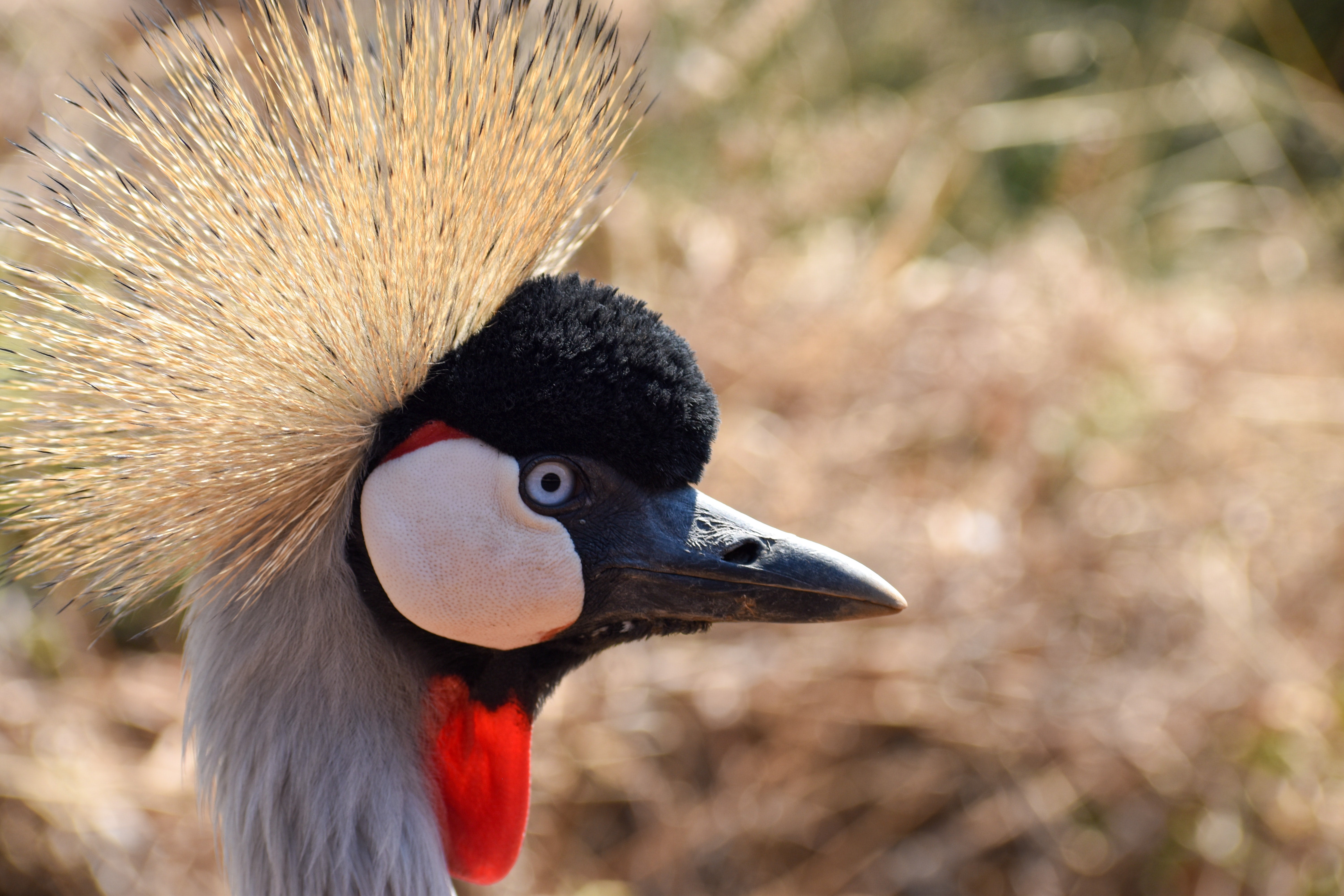Unsustainable farming and unplanned development are killing Kenya’s Lake Ol Bolossat
Lake is breeding habitat for endangered cranes and headwaters for rivers supporting millions of Kenyans

Your support helps us to tell the story
From reproductive rights to climate change to Big Tech, The Independent is on the ground when the story is developing. Whether it's investigating the financials of Elon Musk's pro-Trump PAC or producing our latest documentary, 'The A Word', which shines a light on the American women fighting for reproductive rights, we know how important it is to parse out the facts from the messaging.
At such a critical moment in US history, we need reporters on the ground. Your donation allows us to keep sending journalists to speak to both sides of the story.
The Independent is trusted by Americans across the entire political spectrum. And unlike many other quality news outlets, we choose not to lock Americans out of our reporting and analysis with paywalls. We believe quality journalism should be available to everyone, paid for by those who can afford it.
Your support makes all the difference.In central Kenya, one of its most densely populated and heavily farmed areas, lies a dwindling lake that is one of the last breeding grounds of the endangered Grey Crowned Crane. It is also part of the hydrological system that sustains a huge swath of Kenya’s arid north, headwaters of rivers that slice through national parks and livestock grazing zones alike. But unplanned and questionable development in lakeside areas, as well as poorly-managed farming on slopes of its water catchment area, means this crucial ecosystem is dying, despite supposedly being protected. Dan Kaburu for K24 TV explores Lake Ol Bolossat.
Watch Dan’s full report here
Join our commenting forum
Join thought-provoking conversations, follow other Independent readers and see their replies
Comments